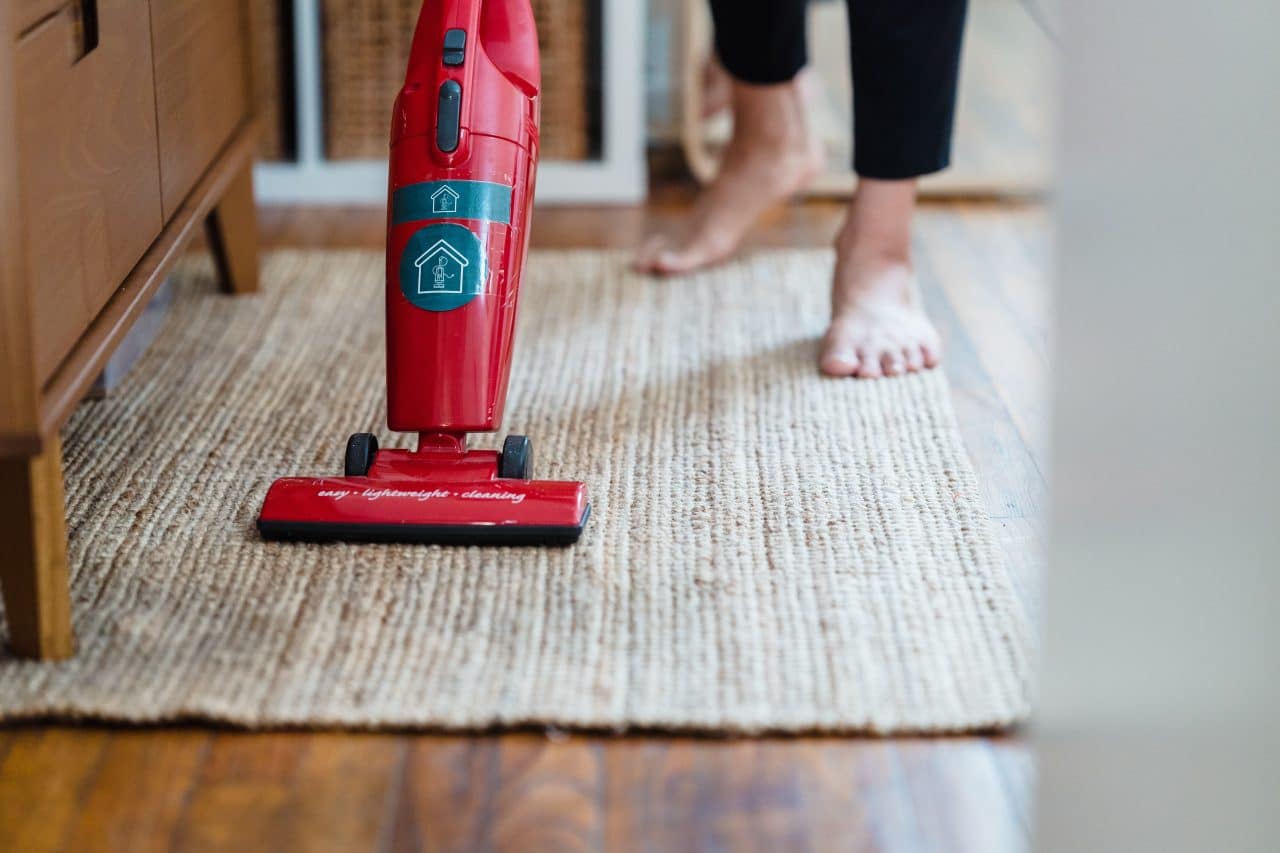It’s hard to believe that we’re just a few days away from the official start of spring. While that means longer days and warmer weather for people with seasonal allergies, it also means more pollen and an increase in allergy symptoms.
While you may think that avoiding outdoor areas in Columbia, like Granby Park, is enough to prevent your symptoms, the truth is that pollen can easily make its way into your home.
Additionally, many year-long allergens, along with pollutants and irritating smells, can negatively affect the air quality in your home and worsen your symptoms.
Let’s take a closer look at the importance of good indoor air quality, as well as the steps you can take to reduce allergens and irritants in your home.
Why Indoor Air Quality is Important

We spend the vast majority of our time indoors, meaning indoor air quality can significantly impact our health. Unfortunately, indoor air can have a lot of allergens, including:
- Dust mites
- Mold
- Pet dander
Additionally, with open windows or coming outside from inside, you let pollen, smoke and polluted outdoor air into your home.
Lastly, many indoor scents like candles, perfume, cleaning supplies and wood-burning stoves can all trigger allergy and asthma symptoms in those who suffer.
All of these potential factors lead to indoor air quality often being more harmful than outdoor air. In fact according to the Environmental Protection Agency, “indoor levels of pollutants may be up to 100 times higher than outdoor pollutant levels and have been ranked among the top five environmental risks to the public.”
Improving Your Air Quality at Home
Thankfully, there are several steps you can take to improve air quality in your home and lower your risk of experiencing allergy and asthma symptoms. These include, but are not limited to:
- Establish regular cleaning routines that include dusting, vacuuming and removing mold from kitchens and bathrooms
- Wash your bedding weekly in hot, soapy water
- Don’t let pets in the bedroom or on the bed
- Use a certified air cleaner and HVAC filters
- Keep your windows closed during peak pollen times or when outdoor air quality is poor
- Remove strong scents like candles and harsh cleaners from the home
- Use a dehumidifier to keep your home’s humidity level below 50%
- Reduce fabric in your living room when possible
- Remove clutter
For more information on improving the air quality of your home or to schedule a visit with one of our expert allergists, contact Palmetto ENT & Allergy today.
